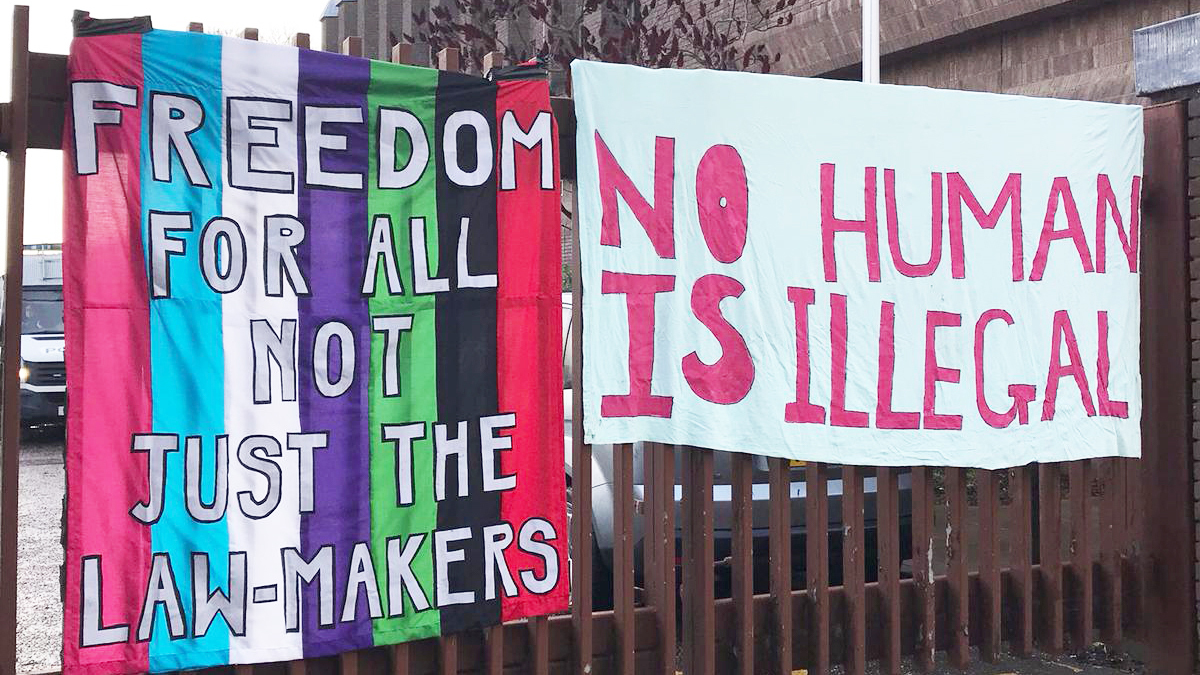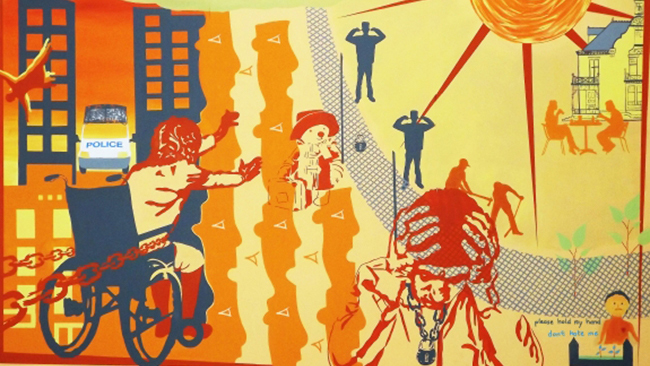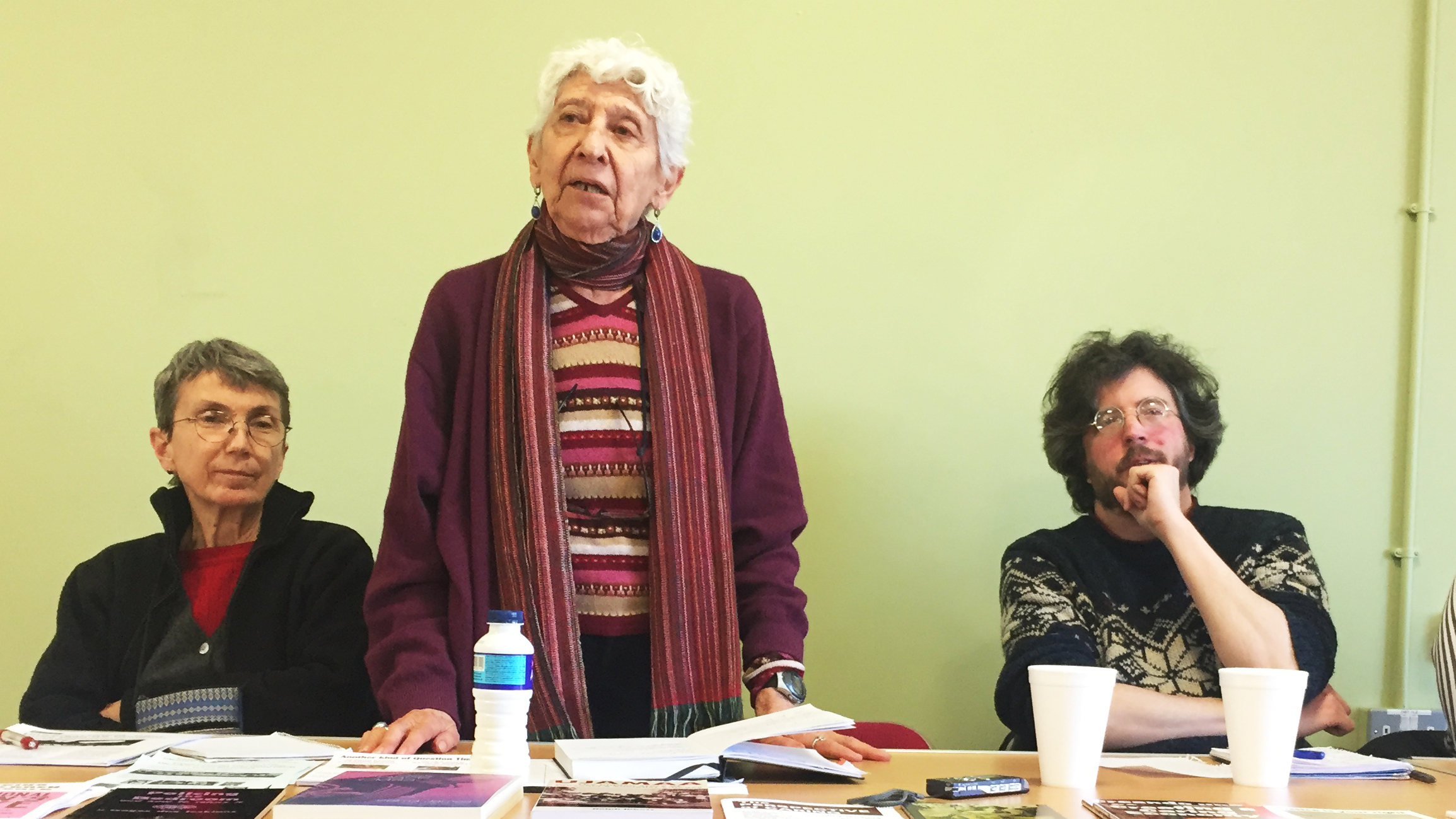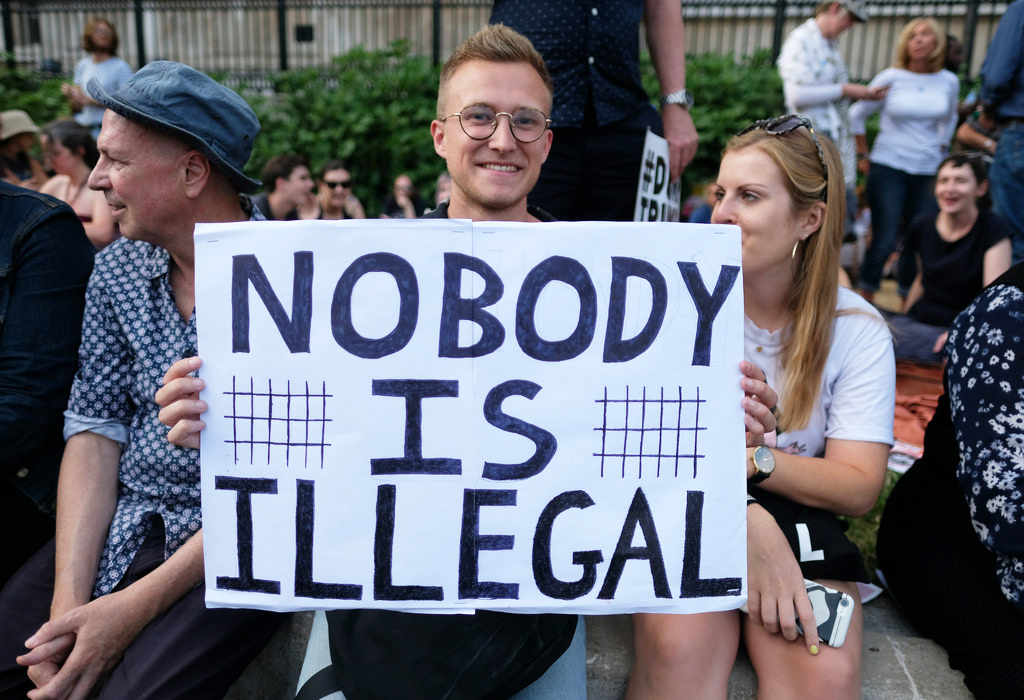Since 2010, the policies of Westminster have targeted undocumented people in the UK. Now, stories of human rights abuses are surfacing in Cardiff.

A single word in English wasn’t enough for one asylum seeker, who, after escaping her traffickers, went to the police station to ask for help.She was stripped of her clothes, given a paper suit and sent to a jail cell for eight hours without food, where she cried until her nose bled.
She was transferred to a van and passed a piece of paper— in her own language— entitling her to a solicitor. It was thirty days before she was released from the detention centre.Through the bureaucratic process of applying for asylum, being denied, and requesting an appeal, this woman had become suicidal while relying on the support of volunteers in Cardiff.
Last summer she was invited by the Home Office to sign a document, where she was arrested again — her application had been denied months before, a fact not shared with her solicitor. She was handcuffed and pushed into a van, where she fell on her face and passed out. After a stint in the hospital, she returned to the detention centre.

“Nobody would believe that this brutality happens here in Cardiff,” said Christine Nelms, as she shared this story with concerned residents at the Butetown community centre last week, where a public forum was held to discuss the government’s hostile environment policy.
Since 2010, when then-Home Office secretary Theresa May articulated her aim “to create, here in Britain, a really hostile environment for illegal immigrants,” a number of administrative and legislative measures have made it increasingly difficult for those without documents to remain in the United Kingdom— riding on the hope that they will voluntarily leave.
“This is a war,” said Hillary Brown, an immigration lawyer. “We are at war with this hostile environment, that has tactics to deprive people of their basic human rights to be represented by legally qualified people to make the challenges that need to be made.”

The Home Office can detain anyone who does not have the right to reside in the UK, and there are eight detention centres and two short-term holding facilities in the country. Since 2000, their capacity has increased six-fold, with 27,000 people detained in 2017 alone. This has led advocates like Brown to take on cases pro-bono. A family living in Cardiff whom Brown acted for had managed to get four of their children to the UK, but had one young daughter who remained behind.
The family managed to fly her to France, and from there to Heathrow airport. When the daughter landed in the United Kingdom, both parents were arrested for facilitating illegal entry into the country.
“We resisted those charges, and the attempts to detain them,” says Brown. “They wanted to detain the mother, father and young girl in different detention centres.”
While undocumented migrants are particularly vulnerable, the administrative and legislative measures targeting them are also affecting rough sleepers in Wales.
“We’ve seen people make homelessness applications to the local authority, and basically there was a level of gatekeeping in that they wouldn’t take the application until that person had an ID,” Jackson says.
“What’s frustrating is that ID is not a legal requirement for the local authority,” Jackson says.
“They can take the assessment if they have reason to believe that somebody is eligible. Instead, they are being asked to prove that they are actually homeless.”

“You have to verify and over verify,” says Brown, whether the people in question are rough sleepers, asylum seekers or average British citizens. “And God forbid if you have to register with a GP or a hospital quickly, unless you have a document to show you have permission to be here in the UK.”
Brown offered a final word of caution to all attendees at the community centre, “If any one of you, as teachers, social workers, friends or family of loved ones, tries to assist anyone with an application to remain within the UK, you are all committing a criminal offense. That’s how hostile this environment is.
“That’s what we face. That’s what people face coming into the UK. Be cautious, the hostile environment applies to you all.”
